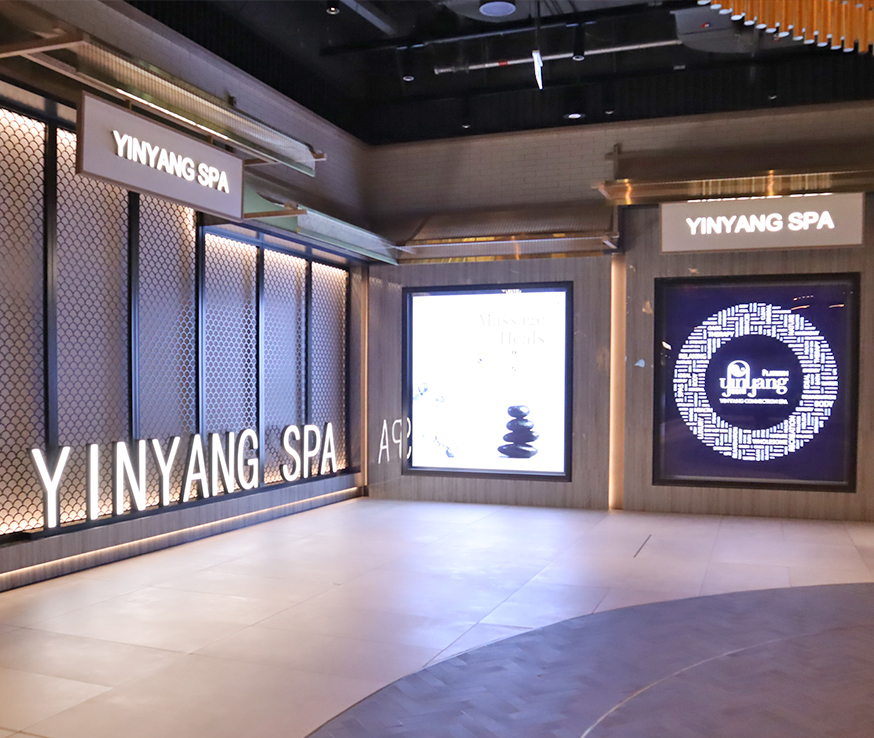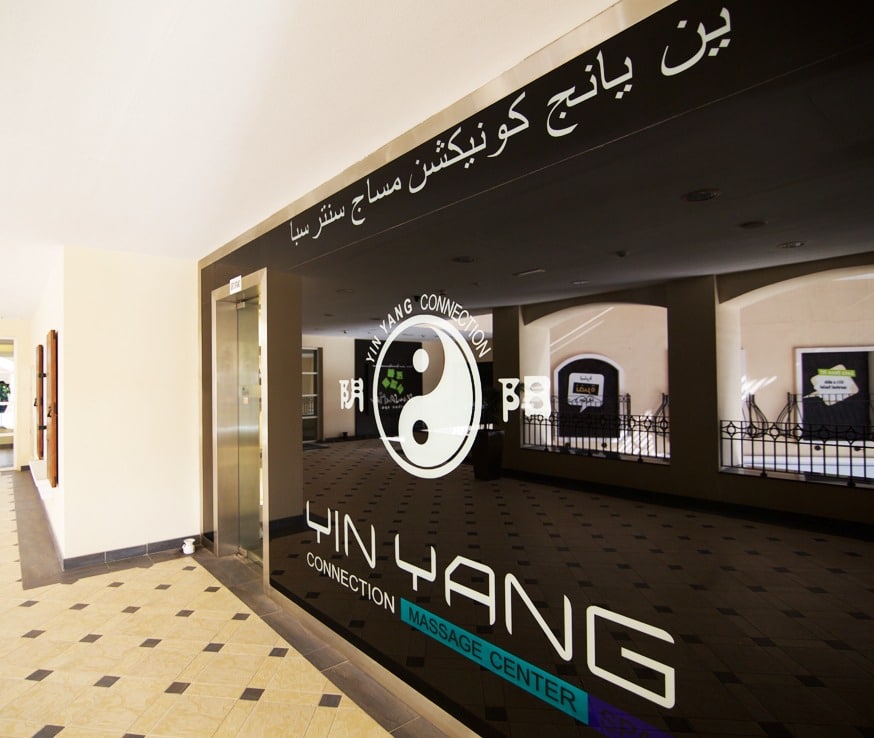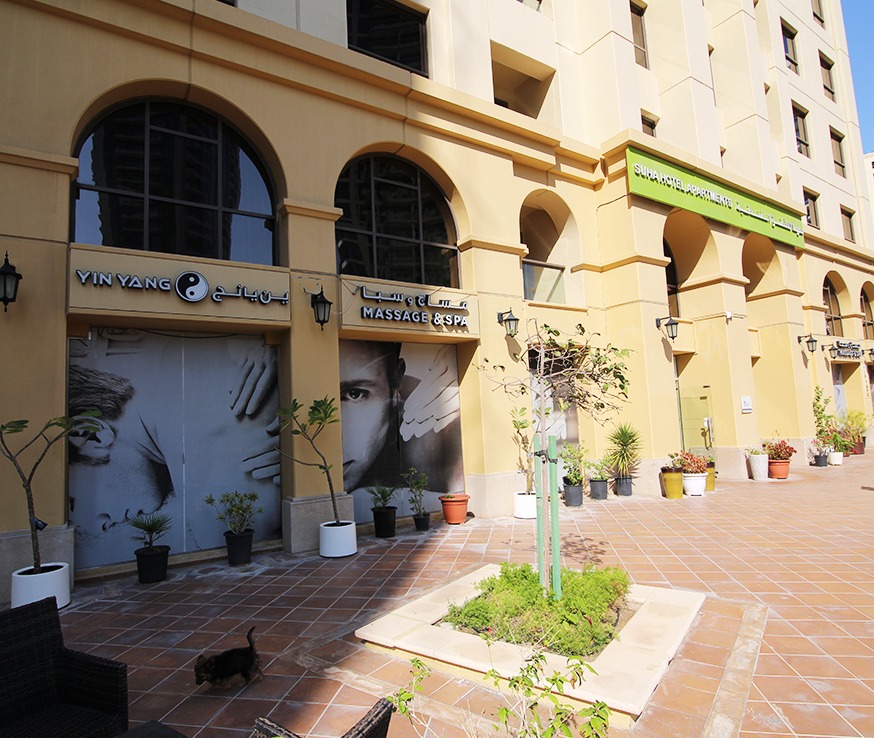Massage can be very subjective- what works for one person may not necessarily work for another and what feels painful to one person may not to another. Everyone is looking for something specific when it comes to their massage, whether that is stress relief, muscle recovery, pain relief or simply a luxurious, relaxing experience. Irrespective of one’s goals or unique preferences, however, there are some things that everyone can do in order to maximise the experience. Some of the things we recommend you do as part of your massage experience include:
1. Inform regarding any skin / medical condition that may be relevant- Before you begin your massage, it is important that you inform the team of any relevant medical condition, so that your massage can be prepared in an appropriate manner tailored to your exact needs. As massages are contact-based, any skin condition would be extremely relevant, whether that is psoriasis, eczema or a skin allergy of some sort. Other relevant conditions include pregnancy (which would alter the recommended massage position) or heart disease and the like.
2. Make sure the massage you choose is capable of yielding the desired results- Each massage is unique, both in terms of technique and in terms of intended result. A deep tissue massage does not have the same effects as a reflexology massage or a detox massage. If your goal is to break down cellulite, only a slimming massage is capable of yielding the desired results. Make sure you set your mind and body up for success at the time of choosing a massage- in case you are confused, discuss the desired results of your massage with our team, and they will recommend the best course of action.
3. Try to avoid eating right before your massage- Eating right before your massage appointment can have a negative impact on your massage. Massages tend to facilitate digestion, and either end up causing discomfort or ruining the flow of one’s massage. Further, digesting a heavy meal is often incompatible with the standard massage posture of lying on one’s belly, and the pressing movements on one’s back tend to add to this discomfort. In case you are hungry before your massage, we would recommend a light snack rather than a full meal.
4. Communicate with your therapist- In order to get the most out of your massage, it is important to communicate with your therapist and let them know exactly what you are looking to get from your massage, so that they may focus their treatment in that direction. In case you have any allergies or other medical constraints, let your therapist know so that they can alter the treatment accordingly. Each person has a different idea of what constitutes their ideal massage- whether they would prefer silence or a conversation with their therapist, whether they like their massages with oil or without, and so on. Make sure you let your therapist know what your vision for the massage is so that they may then turn that vision into reality.
During the massage, feel free to provide feedback regarding things like the pressure being placed on your muscles, any pain or discomfort you may be experiencing, and so on. This will allow the therapist to tailor the massage to better help you find your bliss.
5. Relax your muscles- Some people tend to unconsciously tense up when receiving a massage. This is usually counter-productive, since the treatments are designed to relax your muscles and your mind. It is important that you stay as loose and relaxed as possible, as the massage will otherwise only succeed in bringing you back down to your pre-massage level in terms of tension. One of the best ways to do this is to focus on your breathing during the massage- this will relax your body and mind, and allow the therapist the opportunity to relax you even further.
6. Drink extra water post-massage- Our muscles are often full of toxins that the massage helps to remove from our system. However, in order to flush them out and ensure that they do not continue to remain in our body, it is important to drink plenty of water post-massage. This also helps ensure that one’s hydration level is not lowered due to the flushing of the toxins.
7. Plan for multiple sessions- One of the most important things to remember is that massages often work best when done regularly over a period of time. Just as one cannot expect to develop a muscled physique having worked out for one day, it is often impossible to deal with larger issues over the course of a single massage. Talk to your therapist about what a realistic timeline looks like for you to achieve your desired goals and how many treatments it is likely to take.
Each person’s body is unique, which means that different things will work for different people. However, these are some tried and tested techniques that consistently yield positive results. In case you feel any of them are not suited to you, we suggest discussing it with your therapist before the massage and getting some expert advice. We hope this makes your next massage a fantastic experience!






